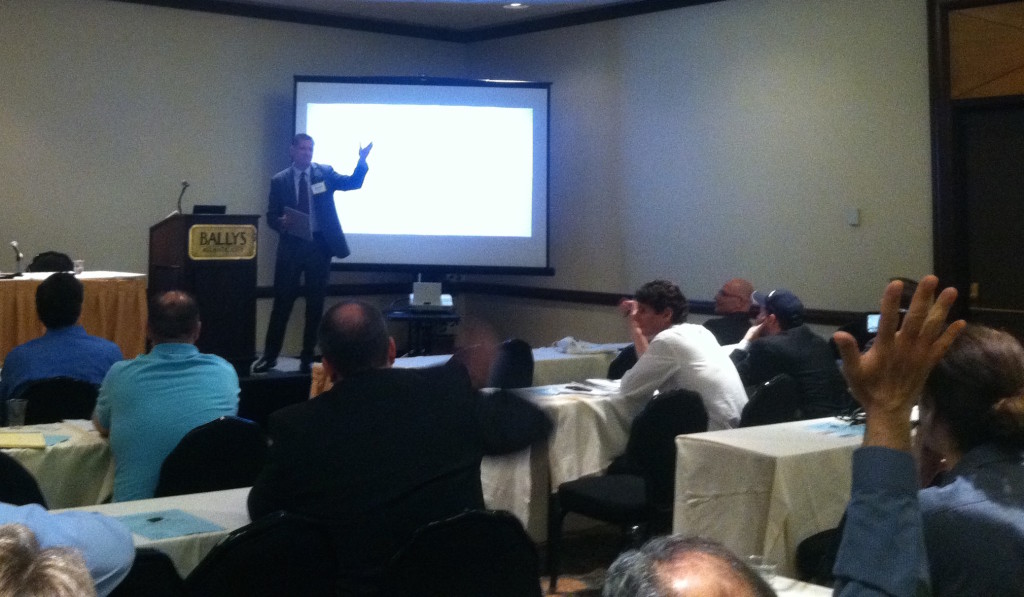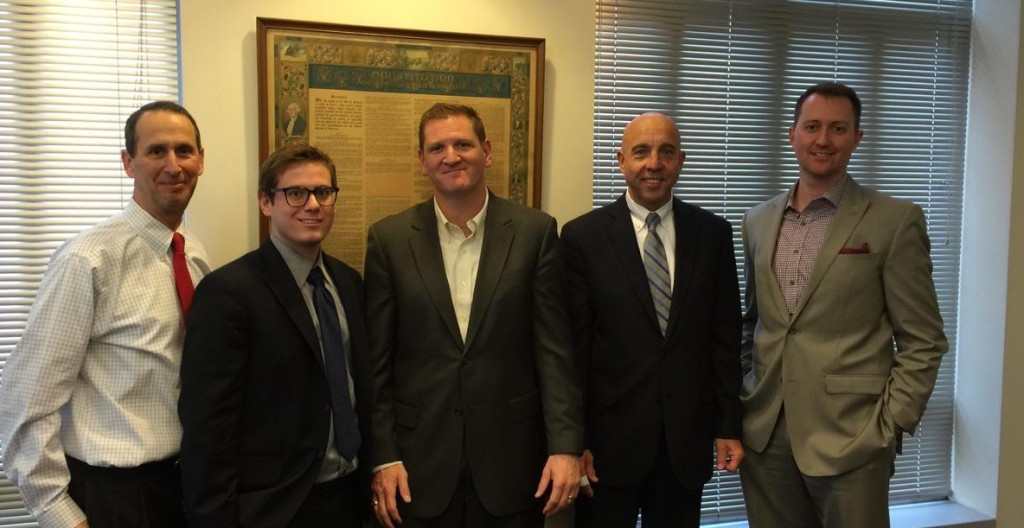Deborah Giesler is no stranger to mental toughness. Giesler, Executive Director of the non-for-profit Synapse House and a speech therapist by trade, details what her fledgling organization has dubbed “Caregiver Boot Camp,” one of several new components of a fully immersive program that focuses on the long-term quality of life/recovery for people working to overcome the effects of traumatic brain injuries (TBI).
The Synapse House was established in 2011 and found a home base in Florida before relocating to Elmhurst in 2014, a step closer to Giesler’s home state. Just a year later Synapse House has nurtured relationships with local partners and worked closely with organizers to bring a much-needed service to aid in the recovery process of its members. Its mission is to reconnect individuals with acquired brain injuries back into the community, the workplace, and family life. Membership is open to any individual with acquired brain injury, at any point after acute therapy has ended.
Traumatic brain injury (TBI) is one of the highest priorities in public health and medicine because of its magnitude, rehabilitation cost, and extend of resulting disabilities. The Centers for Disease Control and Prevention estimates that nearly 1.7 million people in the U.S. sustain a TBI annually. But as technology advances and as hospital stays become shorter, the burden of care typically falls squarely on the shoulders of family members.
“No one gets better sitting on the couch,” Giesler says. “That just doesn’t work. Nowadays you go into a hospital and your length of stay is so short. It’s only a week or two and then [the patient] is home. The family is tasked with helping their loved ones, but they still need more assistance.”
That’s where the Synapse model comes into play. Synapse House focuses on the Clubhouse method, a technique adopted as early as the 1940s to help patients assimilate back into the community, pouring resources into the idea that recovery is also about providing meaningful pursuits. Participants are called members and engage in the day to day work of the organization through Work Units, whether it be answering phones, drafting documents, project research and reaching out to prospective members. The benefits speak for themselves.
This is accomplished in several ways: by giving members an opportunity to perform tasks that might be perceived as too difficult to accomplish on a regular basis. What Giesler has noticed in just four short years is how much Synapse’s clubhouse method has served head injury victims, but family members, too. She recalls the first Caregiver Boot Camp where several participants—most of them spouses—expressed great relief knowing others had gone through similar situations.
“It’s a difficult process,” Giesler says. “These women were just looking for an outlet, a place to vent. It’s an adjustment for everyone.”
Next month, Synapse marks its 2nd Annual Strokes for Stroke & Brain Injury Fundraiser June 3rd at the Schaumburg Golf Club, a benefit aimed at raising awareness of the aftereffects of traumatic head injuries. It’s also a way to raise financial support to promote its mission. Synapse House recently announced a new partnership with Heels for Combat Boots, another non-profit helping members of armed forces dealing with PTSD/TBI. The list continues to grow.
“We’re new and we’re always looking for volunteers, people who want to join the auxiliary board, or people who want to be involved,” says Giesler, noting that the work at Synapse House has only just begun. “If your needs are met you can stop. If you need us again you can come back; there is no endpoint.”
Food, friendly competitions, beverages and an afternoon BBQ will be included in the as part of the fundraiser. If you are interested in becoming a sponsor, please see the sponsorship opportunities to the left of this page. For more information about becoming a sponsor, call 877-932-1120 or go to www.synapsehouse.org.




